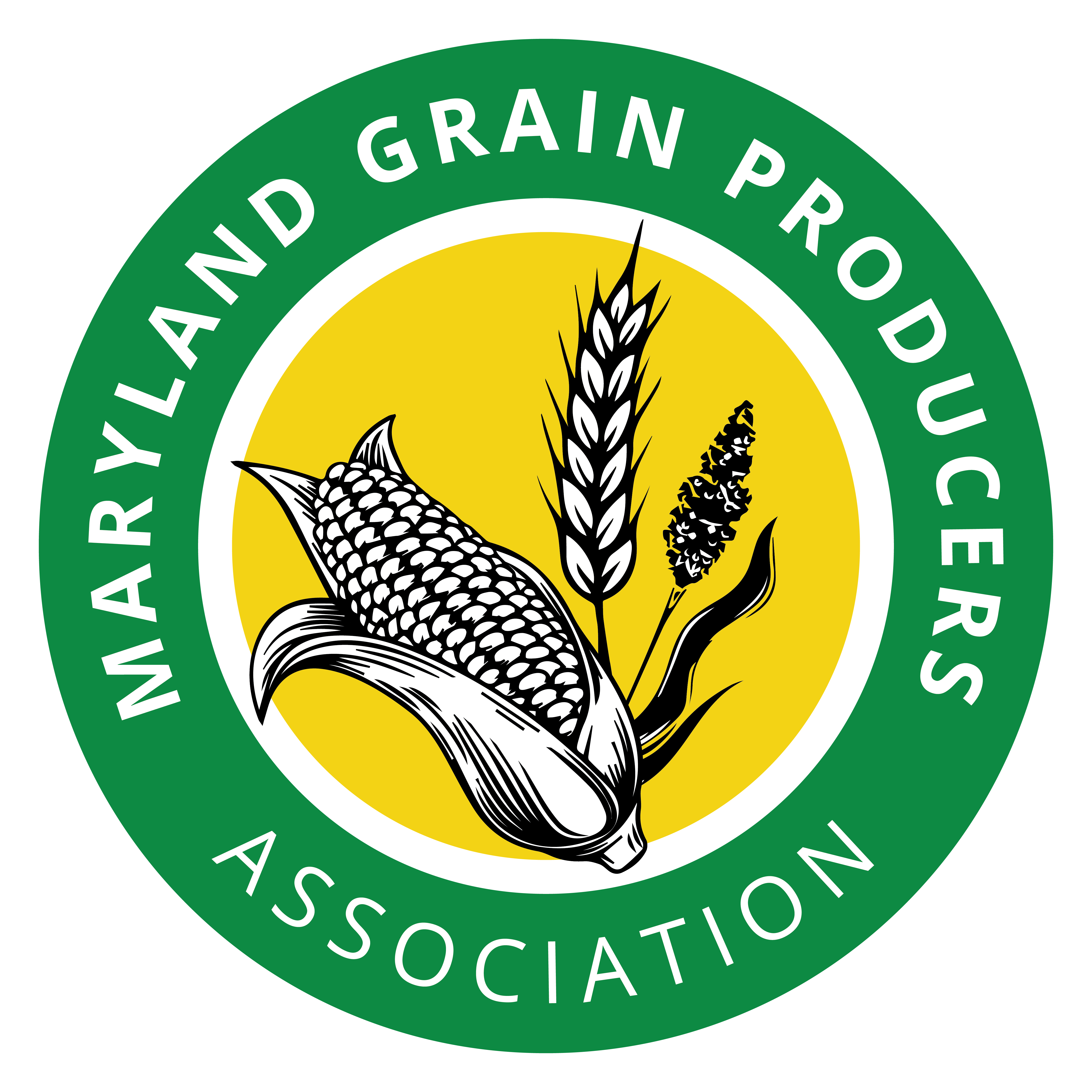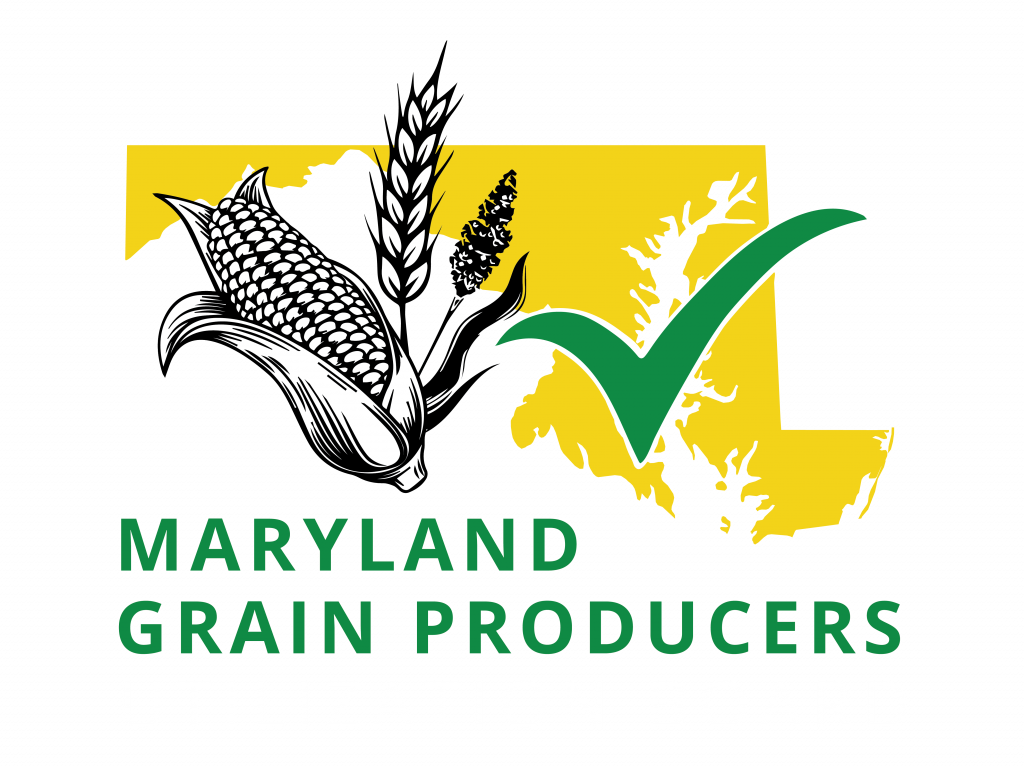Every year, there is an 11% shortage of agriculture graduates to fill professional positions in the field of agriculture. The Maryland Grain Producers Utilization Board (MGPUB) supports students pursuing agriculture careers through a college scholarship program, This year, four students were each awarded a $2,500 scholarship at the Maryland Commodity Classic on July 26th. Recipients are Grace Brinsfield of Vienna, Jenell Eck of Henderson, Ethan Miller of Kennedyville, and Cody Martin Morris of Parsonsburg.
“We have an outstanding group of qualified individuals receiving scholarships this year,” states Jennie Schmidt, MGPUB President. “We need trained professionals to meet the demand for careers addressing issues such as world hunger and food safety, renewable energy, and environmental stewardship. Over $180,000 has now been awarded throughout Scholarship Program.”
Using what she will learn through an agronomy degree from the University of Maryland College Park, Grace Brinsfield plans to become a Certified Crop Adviser to assist Maryland farmers. “I attended Agronomy Day that the University of Maryland Extension put on and that day I decided I wanted to study agronomy,” commented Grace. She has competed in horticultural identification through 4-H on the county, state, and national levels. Her parents, Valerie and John Brinsfield, raised Grace on a vegetable and grain farm in Vienna. Thanks to her background, she has experience growing many crops including tomatoes, lima beans, sweet corn, soybeans, sweet potatoes, asparagus, wheat, barley, and more.
Jenell Eck is a double major at the University of Delaware in Agriculture and Natural Resources and Communications so that she can better communicate with the public about the importance, practices, and labels of agriculture. She has already begun her advocacy for agriculture, having previously served as Maryland State FFA President and Miss Maryland Agriculture. This summer, she has been educating the public and even lobbyists by interning with the National Chicken Council. Her parents, Mark and Vicky Eck, raised her on a 1,250 tillable acre farm, where they grow corn, wheat, soybeans, and barley.
A recent graduate of Kent County High School, Ethan Miller’s life has revolved around his family’s 4,000 acre grain farming operation. Excited to start his college career at the University of Delaware, Ethan plans to study Agronomy so that he can return to the family farm and serve as their very own agronomist. Son of Kevin and Amy Miller, Ethan views misunderstandings about the production of food as one of the largest problems facing the industry today. However, he tries to combat this issue by educating consumers at local and state fairs where he shows dairy cattle.
Son of Thomas and Lisa Morris, Cody Martin Morris has worked on his grandparent’s grain and poultry farm since the age of 10, where he learned the benefits of reaping a plentiful harvest. In addition to the crops grown by his family, he also has his own pumpkin patch which he manages from planting to harvest. By studying agronomy and agricultural business management at the University of Maryland College Park, he hopes to one day efficiently run his family farm and maximize profits so that it can be passed along to the next generation. In his lifetime, Cody has seen many changes in the production of chickens and small grain crops and recognizes the importance of continuing family farms in the current day and age.
“Agriuclture is an exciting career field with many opportunities,” concludes Schmidt. “We are excited to see these young people wanting to make a contribution to our indsutry. This scholarship program is a long-term investment with big dividends for the future of farming.”

